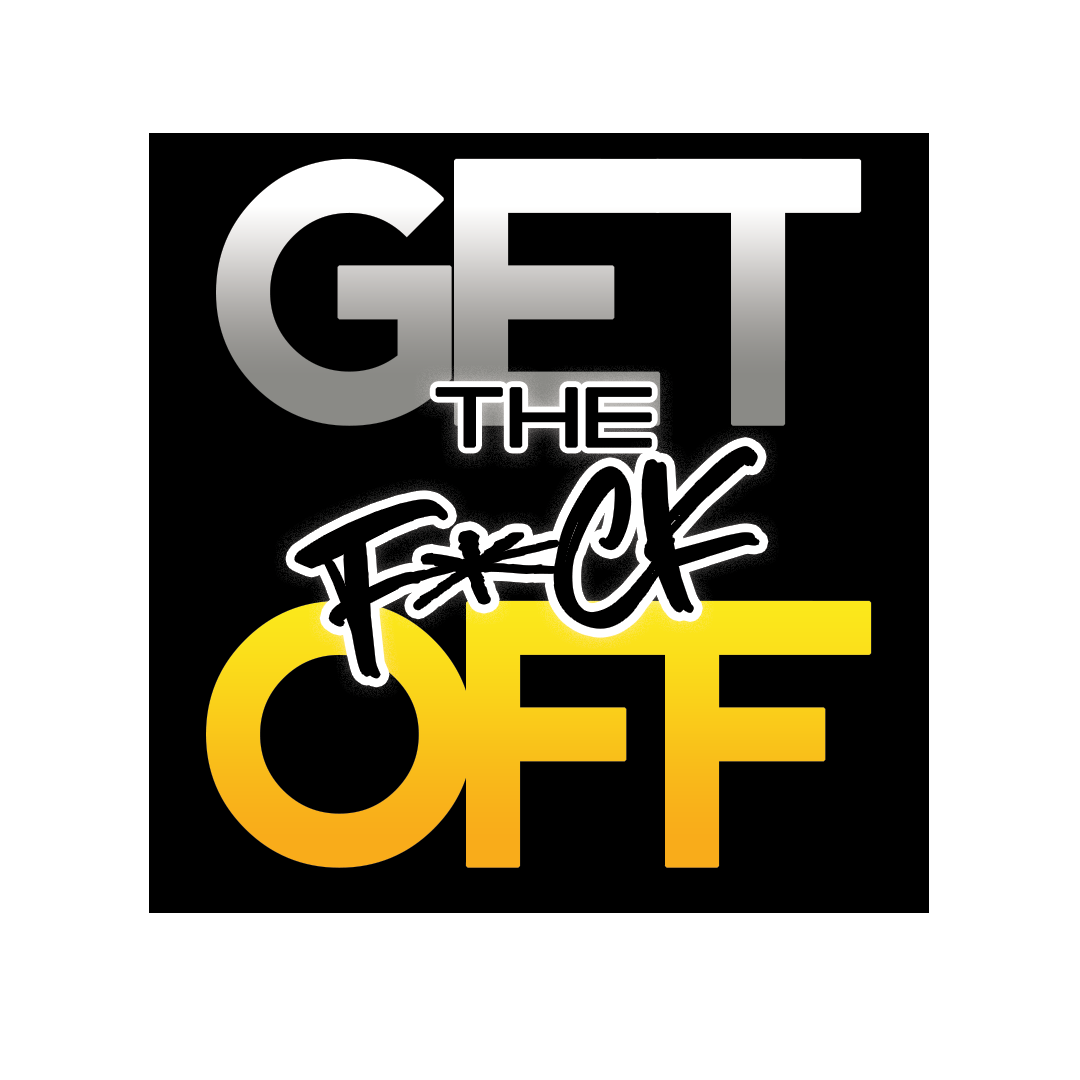A Different Approach to Addiction Treatment: Dr. Eric Fields and Harm Reduction Therapy
On this week’s episode of the Get the F*ck Off Podcast, I got the true pleasure of chatting with one of my favorite people, Dr. Eric Fields, who is a Cognitive Behavioral Psychologist specializing in treating addiction.
We talk at length about his alternative approach to the anonymous groups, which have become the American standard with low efficacy rates.
If you’re drinking too much or struggling with something else, but don’t want to go to meetings because you feel they’re not for you- this episode will shine quite a bit of light.
Eric and I share a similar philosophy on helping people grappling with addiction, which is a whole-person approach. It’s about enhancing your entire life, not just attacking one specific area which often is a result of a problem, not the problem itself.
He also believes in meeting his patients where they are, instead of insisting on abstinence before progressing with treatment.
This was a great conversation.
If you:
-are struggling with addiction
-are struggling with weight loss (Eric initially worked with patients with eating disorders)
-are finding yourself unable to navigate your substance use disorder within the confines of the Anonymous group-centered American recovery model
Then you will love our conversation and this episode may give you hope.
Episode Notes:
2:28
We begin the episode talking about the Harm Reduction Principle, what it is, and how it differs from the American go-to approach of the Anonymous Groups
5:39
Eric talks about the low efficacy rates of the Anonymous Groups, which he admits can be due to a poor sample, and the very nature of the groups being anonymous. Despite the poor representation of the sampling, he believes it actually works for a very small subset of people
8:12
We talk about how American society stating the anonymous group 12-step model being the end-all, be-all to treatment can actually be harmful, as many people feel it isn’t for them, and thus avoid seeking help all together. (I have been one of these people, and I currently know a few people who believe this.)
We also talk about the counting of days, and how one slip-up shouldn’t mean someone is “back at Day One.”
9:52
A new approach: Eric talks about the beginning of a typical relationship with his clients, which is a solutions-focused therapy approach.
12:20
“An Old Way of Thinking”
Eric doesn’t believe that the substance has to be given up and abstinence must be practiced before beginning therapy. He sees tremendous progress with patients before any abstinence is practiced whatsoever. Sometimes, it simply comes down to getting patients to begin taking care of themselves.
17:30
Beginning his work in psychology with people with Eating Disorders, Eric began forming his approach to addiction treatment. As he notes, people with EDs cannot abstain. They must renegotiate their relationships with food. The same goes true for sex addiction, as people cannot simply abstain from physical intimacy while being in a healthy relationship.
Thus, he began reformatting his approach to addiction treatment.
20:36
Continuing, Eric states “We can only get away with this disease model of substance uses BECAUSE there is the luxury of abstinence.”
He notes that when looking at other compulsive behaviors and patterns, you realize that if it can be done for food and sex, both human needs, then there must be an alternative, healthy approach to tackling addiction.
24:00
We talk more about the Harm Reduction Principle, and the use of positive psychology. We also acknowledge that people are resilient, not helpless. However, because society likes to purport that people are less capable, they often practice a refusal to acknowledge their dependencies.
27:33
We discuss resources for people with substance use disorders that lie outside of the realm of the Anonymous groups.
30:40
We talk a little bit more about the Anonymous group model being “America’s baby,” and not the standard for treatment elsewhere in the world.
35:00
Addiction Replacement
As humans, yes, we are inclined to replace one addiction with another. This is natural behavior, but what causes the most harm to the patient? What is beneficial? Eric talks about how the Anonymous groups do not condone the replacement behavior, but are seemingly fine with people replacing the behavior with the meetings themselves.
39:00
“The Win is Defined by the Patient”
We talk about how people will only be motivated if it comes from them. It can’t be a friend, a boss, or a spouse. It has to be a want for their lives to improve.
48:00
Eric discusses how he doesn’t believe abstinence has to be a blanket prescription
50:00
To conclude, we talk about the Whole Person Approach, what you can expect during a typical session exercising the Harm Reduction Principle
You can find Dr. Eric Fields at www.addictionpronyc.com

